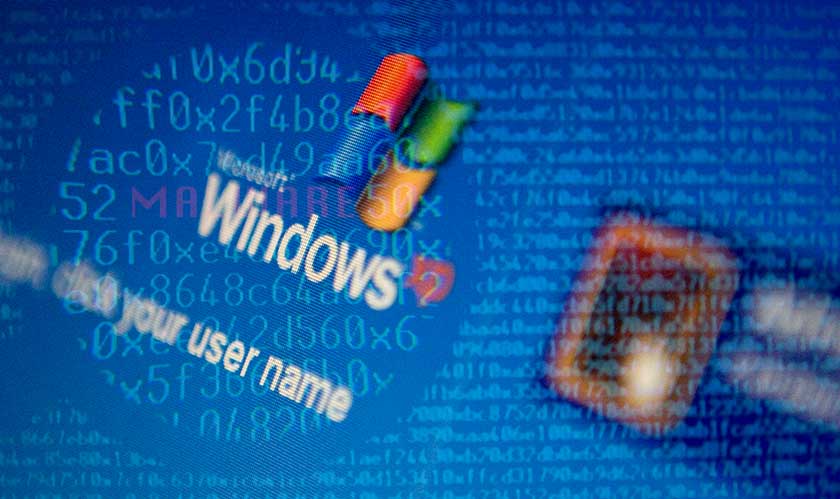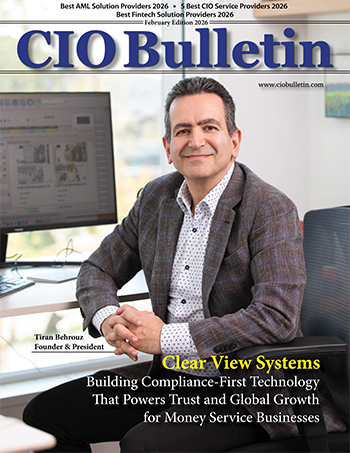Home Technology Cyber security Microsoft warns Windows XP and...
Cyber Security

CIO Bulletin
15 May, 2019
Older version of Windows users beware. There’s an attack, very similar to WannaCry- Microsoft has warned. Microsoft has released an immediate update and is urging users of Windows XP and 7 to apply the security update immediately. The vulnerability was found in Remote Desktop Services that are present in the older versions of the operating system- XP and 7 and also server versions of Windows Server 2003, 2008 R2, and 2008.
Windows 8 and 10 systems are safe, the tech giant announced. Once the flaw was detected, Microsoft patched a critical remote code execution. One needs to understand that Microsoft is going above and beyond to issue the cybersecurity update because it’s already been ages since support for XP and Windows Server 2003 stopped. This is why you will also have to manually download the update from the update catalog.
Such vulnerability
The vulnerability found is quite bad. Microsoft’s Security Response Center’s director of incident response Simon Pope explains the situation: “This vulnerability is pre-authentication and requires no user interaction. In other words, the vulnerability is ‘wormable’, meaning that any future malware that exploits this vulnerability could propagate from vulnerable computer to vulnerable computer in a similar way as the WannaCry malware spread across the globe in 2017.”
When the malware WannaCry hit an older version of the Windows operating system, Microsoft supplied patches back then too. With the latest vulnerability very similar to WannaCry, Microsoft is keen to ensure it avoids another incident like that. And of course, “the best way to address this vulnerability is to upgrade to the latest version of Windows,” Microsoft confided.

Insurance and capital markets







